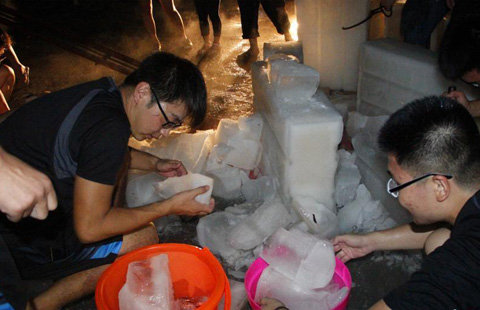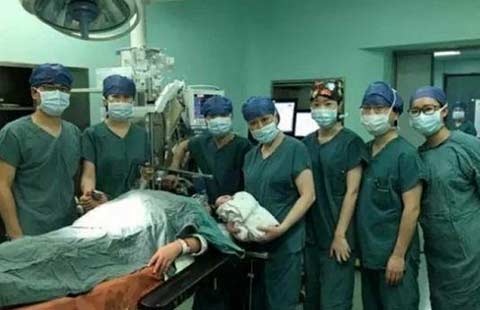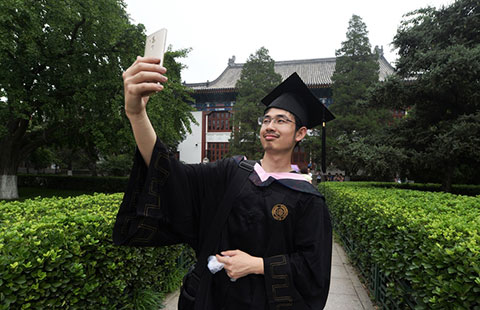Top court spokesman joins Alibaba's media relations
By CAO YIN and MENG JING (chinadaily.com.cn) Updated: 2016-07-06 21:13A high-profile spokesman of China's top court, Sun Jungong, will join the nation's e-commerce giant as vice-president mainly covering public affairs.
Over the past two weeks, a lot of information about the resignation of Sun and his employment in Alibaba Group Holding Ltd, has swept the internet, stirring the court system and also arousing public attention.
Alibaba's media relations office declined to comment when reached by China Daily on Wednesday. But an employee of the company, with access to its internal website, confirmed that Sun's information is already available on its online platform.
The employee, who declined to be named, said that Sun's job description is shown online as "vice- president, head of public affairs, reporting directly to Jin Jianhang, president of Alibaba Group".
Another employee in the company, who wished to remain anonymous, explained that the position is to deal with public affairs and help coordinate important activities.
Sun responded on Wednesday with a text message when China Daily contacted him, saying that he is not taking any interviews at present.
China Daily also found that Sun's name has disappeared from the position of "deputy director of the publicity bureau with the top court" on the highest judicial authority's website, and no new candidate has been added so far.
There has been no official statement about Sun's resignation from the top court since the news hit the media, or about who will take his place.
The State Council Information Office shows that Sun, born in Beijing in 1968 and with a doctoral degree in law, worked for the criminal department under the court's research office, the court's newspaper and the court's general office.
He had been engaged in work regarding judicial interpretations of criminal laws, the judicial policies and news presses as he employed in the court, according to his introduction on the information office's website.
He became the court's spokesman in April 2009, it said.
By March, he had hosted more than 300 press conferences, Chinese media reported.
He opened his own blog on Xinhuanet.com, the official website of Xinhua News Agency, after he was named as the spokesman, and he said in his first blog that he would not tell lies and welcomed netizens to communicate with him online, the media said.
He also said in May 2009 that the court would have a press conference once a month in principle and could hold more at any time if there were important issues to address.
In 2015, Chinese media reported about 1,000 judges had resigned from courts for different reasons, such as pressure of case hearings and the economic burden.
In Shanghai, at least 50 judges have voluntarily left the judicial system since January last year, according to Yangcheng Evening News. The resignations followed the departure of 105 judicial officers, including 86 judges, in the city in 2014, a rise of 90 percent from 2013.
Beijing High People's Court also confirmed the brain drain last year, saying that more than 500 legal officers in the capital have resigned in the past five years.
- Alibaba pays $200m for Wandoujia app store
- Alibaba acquires Chinese Android app store Wandoujia
- Alibaba-backed MYbank's 1.7 million hand-outs
- NGO asks Jack Ma's Alibaba to stop selling clapnets for birds
- Alibaba to play key role in planned global platform
- Alibaba's sampling inspection procedures revealed
- Xi orders more troops to join flood control
- Naval drill is fully within country's 'sovereign rights'
- Drug price reform will 'improve services'
- Xi orders more troops to join flood control
- Ex-diplomat: Philippines must forgo provocations
- 2017 pollution targets 'in reach'
- Li: Ensure safety in flood areas
- China's defense ministry confirms drill in South China Sea
- Li: Piraeus to become 'top-level' gateway
- Response to 'fully depend' on Manila









